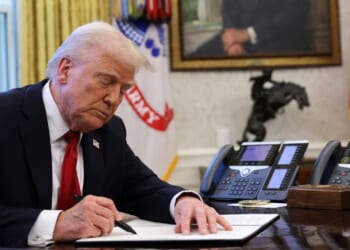Ksenia Karelina, a 33-year-old dual US-Russian citizen, became a symbol of geopolitical tensions following her arrest in Russia in 2024. Born in Yekaterinburg, Russia, she moved to the United States in 2012, working as a ballerina and later as a spa receptionist in Los Angeles. After gaining US citizenship in 2021, she retained her Russian citizenship—a choice that would later place her at the center of an international ordeal.
On January 2, 2024, Karelina arrived in Russia to visit her family, including her 90-year-old grandmother. At Yekaterinburg airport, the Russian Federal Security Service (FSB) detained her after uncovering a $51.80 donation she made via Venmo to Razom, a New York-based nonprofit supporting Ukrainian civilians. The donation, made on February 24, 2022—the day Russia invaded Ukraine—was interpreted as support for an enemy state. Initially charged with hooliganism, her case quickly escalated to treason, a charge carrying a potential life sentence under Russian law.
Russia’s legal framework for treason, defined in Article 275 of the Criminal Code, is expansive, covering not only espionage but also “providing financial, material, technical, or other assistance” to entities deemed hostile to Russia. Karelina’s donation to Razom, though humanitarian, fell under this broad definition. Timed with the Ukraine invasion, it provided the FSB with a basis to justify her arrest, though the small sum underscores the charge’s disproportionate severity.
After 15 months in custody, Karelina was freed on April 10, 2025, through a prisoner swap orchestrated by the Trump administration and mediated by the United Arab Emirates. Exchanged for Arthur Petrov, a dual Russian-German citizen detained in Cyprus, her release was championed by Secretary of State Marco Rubio, reflecting a commitment to rescuing detained Americans. Returning to the US, Karelina reunited with her fiancé, Chris van Heerden, at Joint Base Andrews, declaring, “I’ve never felt more blessed to be an American.”












